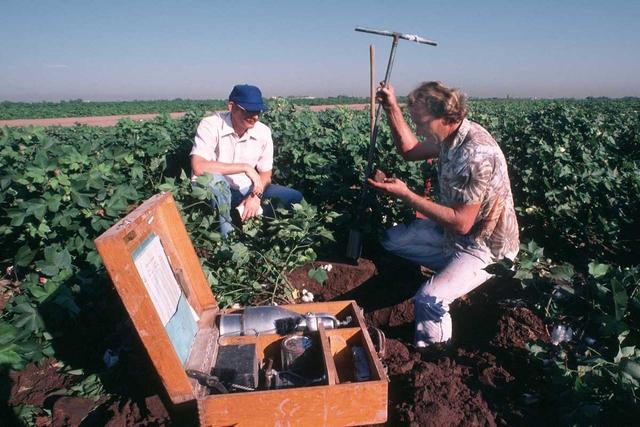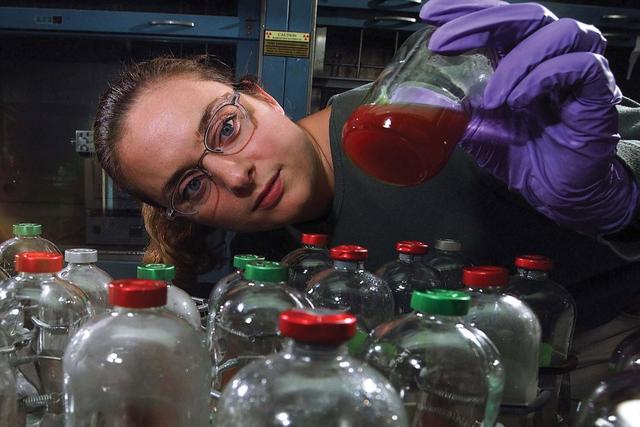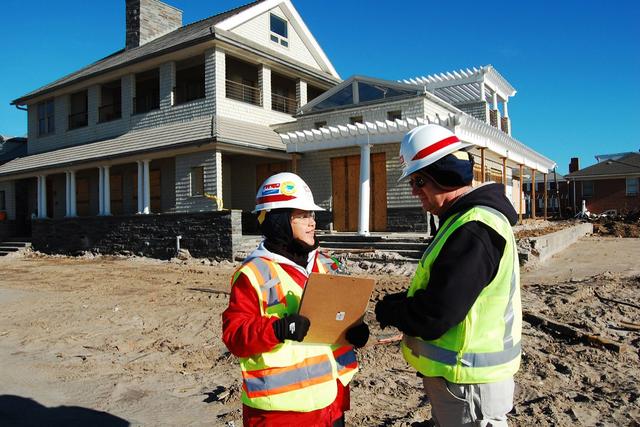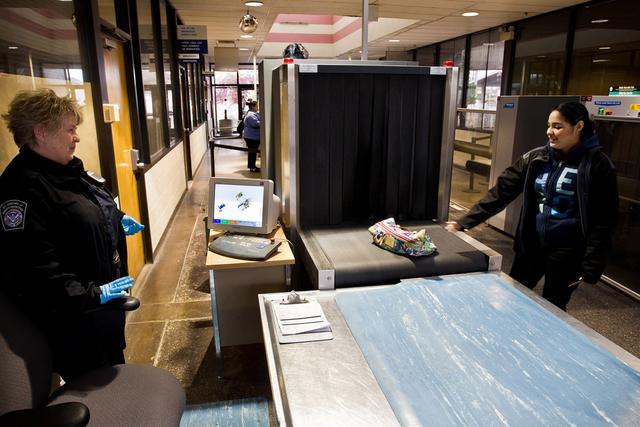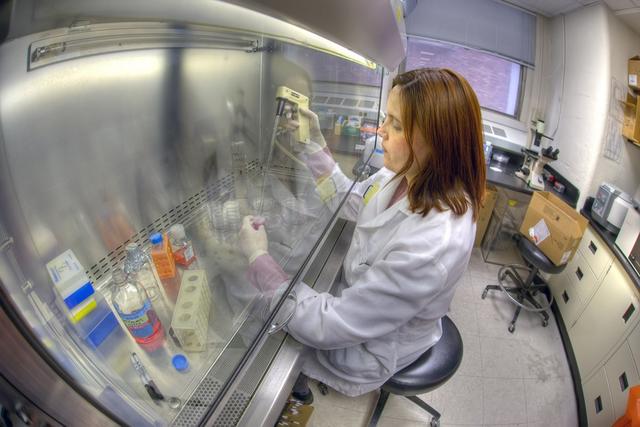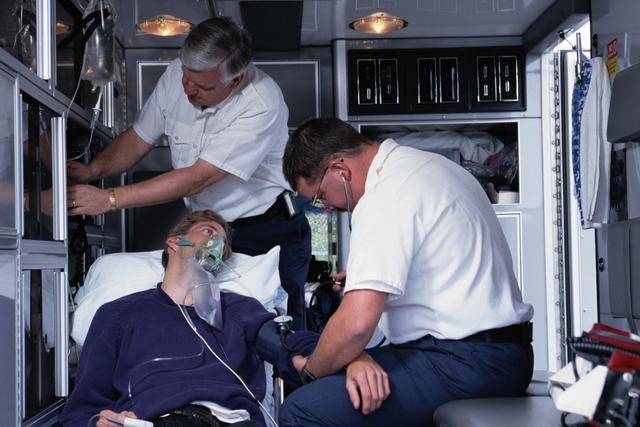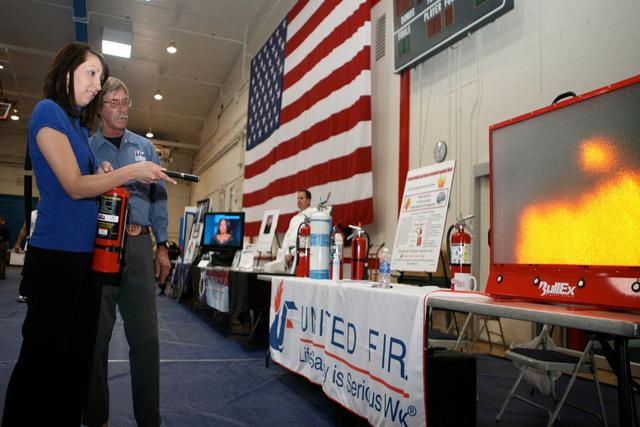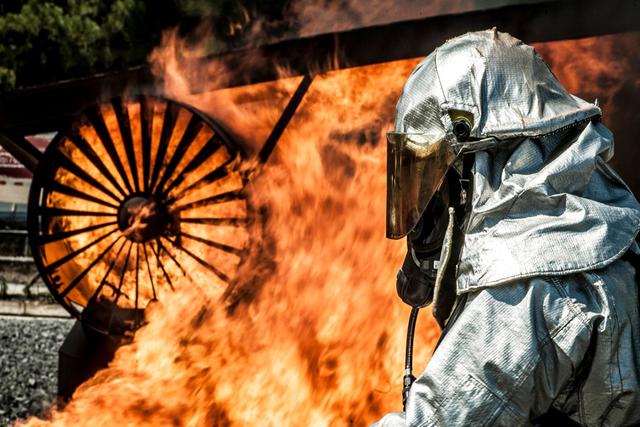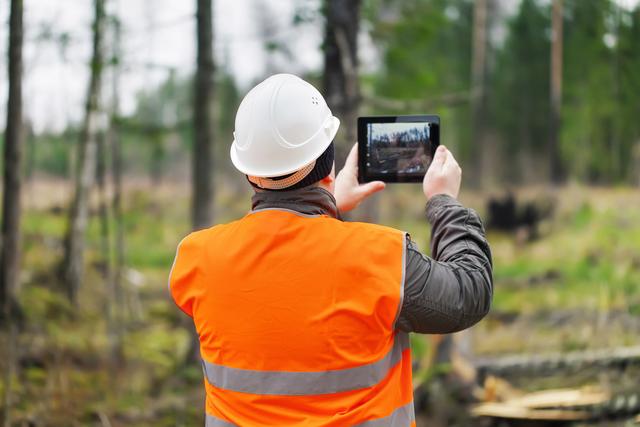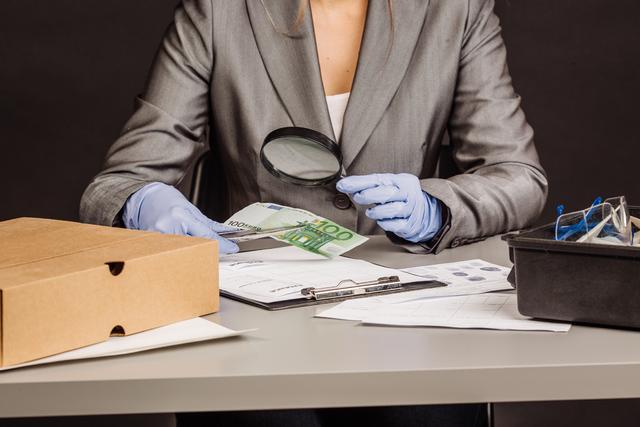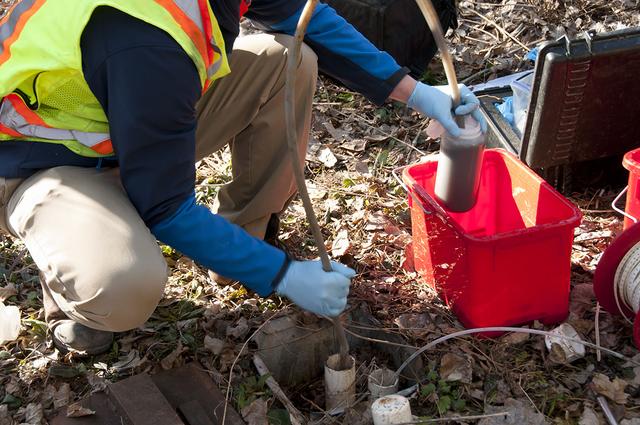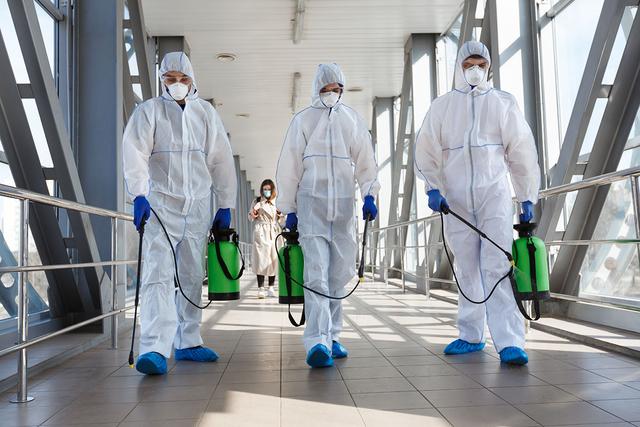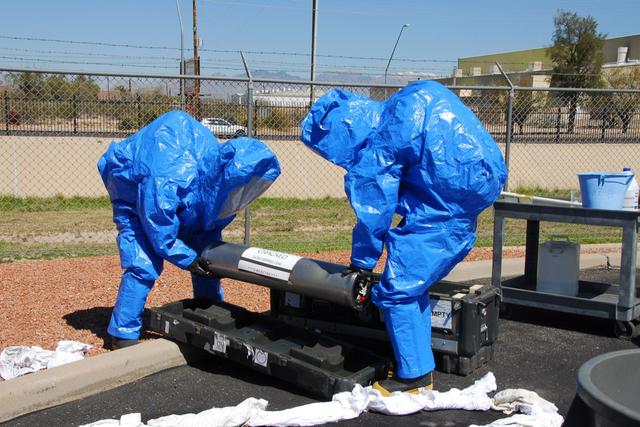Forensic Experts
Overview
Introduction
Forensic experts apply scientific principles and methods to the analysis, identification, and classification of physical evidence relating to criminal (or suspected criminal) cases. They do much of their work in laboratories, where they test and analyze evidence and then record the results. They may travel to crime scenes to collect evidence and record the physical facts of a site. Forensic experts may also testify as expert witnesses and present scientific findings in court. The American Academy of Forensic Sciences, the largest fo...
Quick Facts
Median Salary
Employment Prospects
Minimum Education Level
Experience
Skills
Personality Traits
Earnings
Earnings for forensic experts vary by employer, geographic location, and educational and skill levels. The U.S. Department of Labor reports that the median salary for forensic science technicians was $64,940 in May 2023. The lowest paid 10 percent earned $41,410 annually, and the highest paid 10 percent earned $107,490 or more annually. Fifty percent of forensic science technicians earned betwe...
Work Environment
Forensic experts usually perform the analytical portion of their work in clean, quiet, air-conditioned laboratories, but they are frequently required to travel to crime scenes to collect evidence or study the site to understand more fully the evidence collected by detectives. When gathering evidence and analyzing it, forensic experts need to be able to concentrate, sometimes in crowded, noisy s...
Outlook
Employment for forensic science specialists is expected to grow much faster than the average for all careers from 2023 through 2033, according to the U.S. Department of Labor. Population increases, a rising crime rate (in some crime categories), and the greater emphasis on scientific methodology in crime investigation have increased the need for trained forensic experts. Forensic experts who ar...
